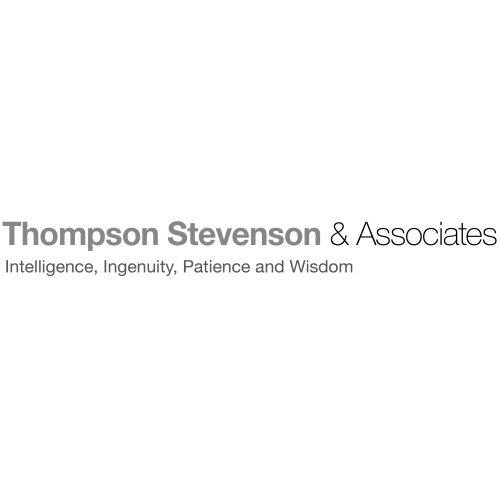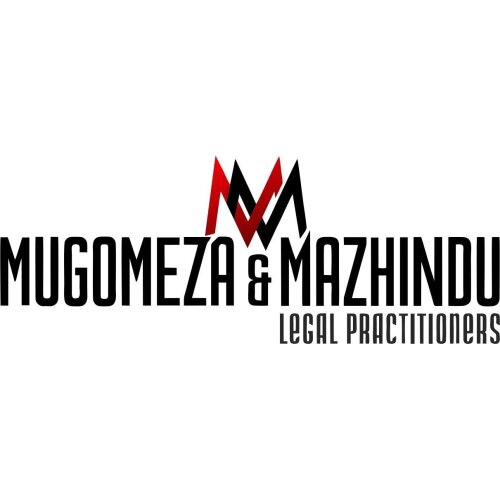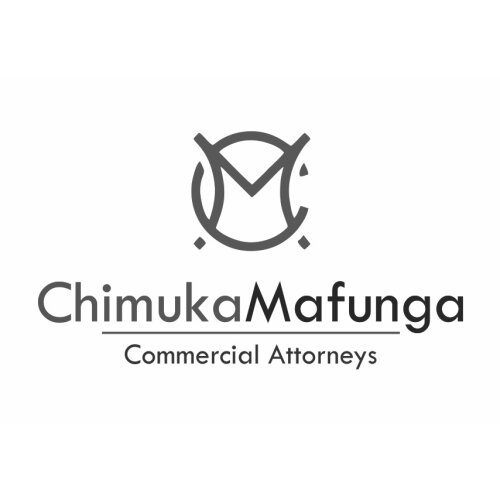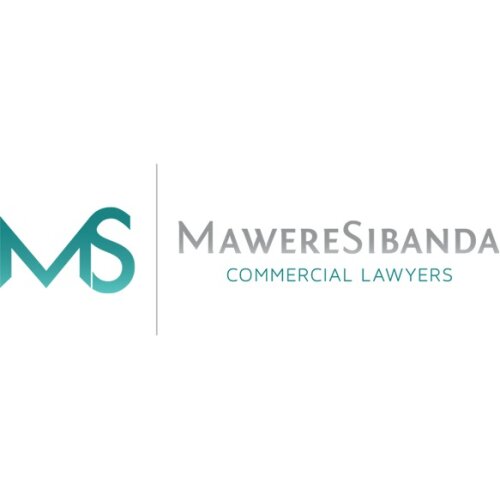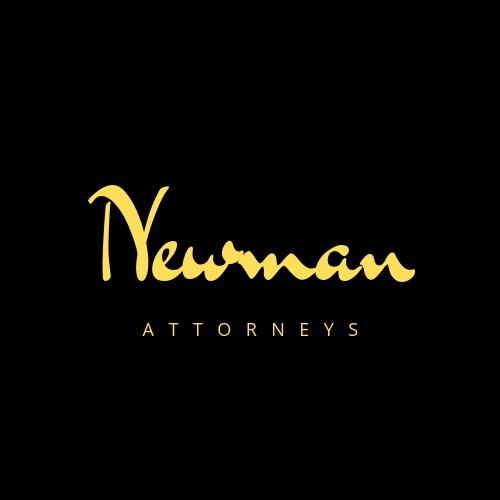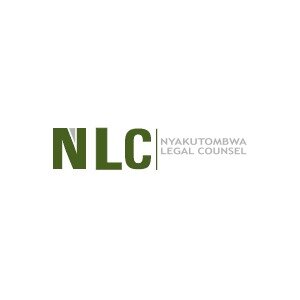Best Energy, Environment & ESG Lawyers in Harare
Share your needs with us, get contacted by law firms.
Free. Takes 2 min.
List of the best lawyers in Harare, Zimbabwe
About Energy, Environment & ESG Law in Harare, Zimbabwe
Energy, Environment & ESG (Environmental, Social, and Governance) law is an emerging area of legal practice in Harare, Zimbabwe. It combines issues of energy production and regulation, environmental protection, and sustainable business practices. Zimbabwe’s capital city, Harare, is a hub for industrial, mining, and commercial activities, making compliance with these laws increasingly important for companies and individuals alike. These laws ensure responsible use of natural resources, protect the environment, and guide companies on best governance practices related to sustainability and ethical considerations. As Zimbabwe continues to reform its energy production, attract investment, and manage natural resources, legal regulations are becoming more critical for long-term development and compliance.
Why You May Need a Lawyer
You may need a lawyer specializing in energy, environment, and ESG in Harare for a variety of reasons. Common situations include:
- Starting an energy project such as solar or hydroelectric power and needing permits
- Facing an environmental complaint or violation regarding pollution or land use
- Seeking advice on environmental impact assessments (EIAs) for property development or mining
- Drafting or negotiating contracts for energy supply or environmental management services
- Addressing compliance issues with Zimbabwe’s stringent environmental and energy regulations
- Dealing with waste management, hazardous substances, or emissions compliance
- Guiding corporate policies and reporting related to ESG or sustainability practices
- Responding to investigations or enforcement actions by the Environmental Management Agency (EMA)
- Participation in public consultations or seeking approval for land developments needing environmental clearances
- Managing community or stakeholder disputes about environmental or energy-related projects
Local Laws Overview
Zimbabwe’s legal framework for energy, environment, and ESG issues is evolving to promote sustainable development. Key aspects include:
- Environmental Management Act (Chapter 20:27): The principal law for environmental protection, covering pollution control, natural resources management, and mandatory environmental impact assessments.
- Zimbabwe Energy Regulatory Authority Act: Establishes the Zimbabwe Energy Regulatory Authority (ZERA), overseeing licensing, regulation, and standards for energy generation and distribution.
- Renewable Energy Policy: Encourages investment in renewables like solar and hydro power to address energy shortages and promote sustainability.
- ESG and Corporate Governance Guidelines: While specific ESG statutes are less established, reporting requirements are growing, especially for publicly listed companies and foreign investors.
- Water Act and Mining Laws: Control land and water use, mining operations, and mandate rehabilitation of the environment after industrial activities.
- Waste Management Regulations: Enforce rules for safe disposal and handling of hazardous and domestic waste, with penalties for non-compliance.
Enforcement is primarily handled by agencies such as the Environmental Management Agency (EMA), Zimbabwe Energy Regulatory Authority (ZERA), and the Zimbabwe National Water Authority (ZINWA).
Frequently Asked Questions
What is an environmental impact assessment (EIA) and when is it needed?
An EIA is a procedure to evaluate how a proposed project may affect the environment. It is legally required before starting most developments, including mining, industrial, and large-scale property projects in Zimbabwe, and must be submitted to the EMA for approval.
Can I start a solar or renewable energy project without a license?
No. Energy projects, whether solar, hydro, or others, require licensing and approval from the Zimbabwe Energy Regulatory Authority (ZERA) and often must also pass an EIA review.
What are the penalties for violating environmental laws in Harare?
Penalties can include fines, orders to restore damaged areas, suspension or cancellation of permits, and in some cases, criminal charges. The severity depends on the nature and extent of the violation.
Who oversees environmental compliance in Harare?
The Environmental Management Agency (EMA) is the primary body in charge of enforcing environmental laws and standards in Harare and across Zimbabwe.
Are there laws about waste management for businesses?
Yes. Zimbabwe has strict waste management regulations that require proper handling, recycling, and disposal of waste by businesses. Failure to comply can result in fines and prosecution.
Do corporate social responsibility (CSR) and ESG reporting affect all businesses?
CSR and ESG reporting are especially relevant for large companies, especially those publicly listed or involved in international trade. Expectations for such reporting are increasing, though formal legal requirements continue to evolve.
How can a community raise concerns about environmental harm?
Communities or individuals can report concerns or lodge complaints with the EMA, local authorities, or through public hearings when EIAs are conducted.
What legal protections exist for wetlands, forests, and protected areas in Harare?
These areas are protected under Zimbabwe’s laws, with strong restrictions on development or activities that could cause harm. Special permits and assessments are required for any activities near protected sites.
Is there government support for renewable energy projects?
Yes. The government, through policy and agencies like ZERA, provides incentives, technical guidance, and, in some cases, funding opportunities for renewable energy initiatives.
Can environmental or energy lawsuits be settled out of court?
Yes. Many disputes can be resolved through negotiation, mediation, or arbitration. However, serious or ongoing violations may lead to court action initiated by authorities or affected parties.
Additional Resources
For assistance and up-to-date information, consider the following organizations and governmental agencies:
- Environmental Management Agency (EMA): Regulates and enforces environmental laws across Zimbabwe
- Zimbabwe Energy Regulatory Authority (ZERA): Oversees licensing, quality standards, and energy sector regulation
- Ministry of Energy and Power Development: Directs national energy strategy and regulatory reforms
- Zimbabwe National Water Authority (ZINWA): Manages water resources and safe water use
- Zimbabwe Ministry of Environment, Climate, Tourism and Hospitality Industry: Policy guidance and coordination for environment and climate matters
- Zimbabwe Environmental Law Association (ZELA): Advocacy and legal support for environmental rights
Legal practitioners in Harare with specialization in environmental, energy, and ESG issues can provide further guidance.
Next Steps
If you need legal assistance in the field of energy, environment, or ESG in Harare, Zimbabwe, consider the following steps:
- Identify the specific issue or project requiring legal guidance or compliance review
- Gather all relevant documentation such as permits, company policies, EIA reports, or correspondence with authorities
- Consult with a qualified lawyer or legal firm specializing in environmental, energy, or ESG law
- Contact relevant regulatory agencies like EMA or ZERA when required for approval or clarification
- If a dispute or complaint arises, consider options for mediation or alternative dispute resolution before approaching the courts
- Stay updated with local laws, policy changes, and best practices through professional networks or industry associations
Legal compliance is essential in the dynamic field of energy, environment, and ESG. Proactive legal advice can help you avoid costly penalties, streamline your projects, and operate sustainably in Harare, Zimbabwe.
Lawzana helps you find the best lawyers and law firms in Harare through a curated and pre-screened list of qualified legal professionals. Our platform offers rankings and detailed profiles of attorneys and law firms, allowing you to compare based on practice areas, including Energy, Environment & ESG, experience, and client feedback.
Each profile includes a description of the firm's areas of practice, client reviews, team members and partners, year of establishment, spoken languages, office locations, contact information, social media presence, and any published articles or resources. Most firms on our platform speak English and are experienced in both local and international legal matters.
Get a quote from top-rated law firms in Harare, Zimbabwe — quickly, securely, and without unnecessary hassle.
Disclaimer:
The information provided on this page is for general informational purposes only and does not constitute legal advice. While we strive to ensure the accuracy and relevance of the content, legal information may change over time, and interpretations of the law can vary. You should always consult with a qualified legal professional for advice specific to your situation.
We disclaim all liability for actions taken or not taken based on the content of this page. If you believe any information is incorrect or outdated, please contact us, and we will review and update it where appropriate.
Browse energy, environment & esg law firms by service in Harare, Zimbabwe
Harare, Zimbabwe Attorneys in related practice areas.





